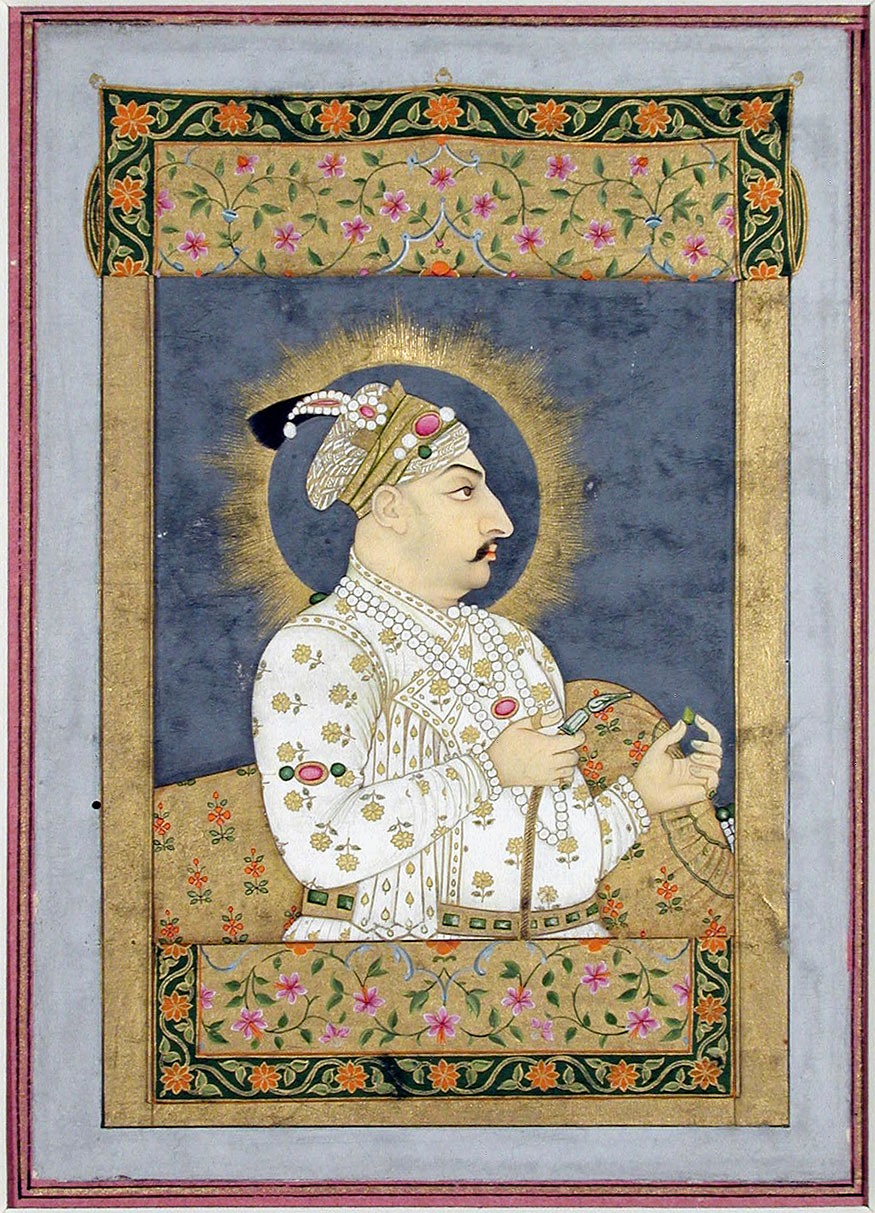Font size:
Print
277th Death Anniversary of Mohammad Shah Rangeela
277th Death Anniversary of Mughal Emperor Mohammad Shah Rangeela
Mohammad Shah Rangeela, born Roshan Akhtar in 1702, was the thirteenth Mughal emperor, ruling from 1719 to 1748. He was the grandson of Bahadur Shah I and ascended the throne at the age of 17 after a period of intense political turmoil and the influence of kingmakers known as the Syed Brothers. He earned the nickname “Rangeela” (meaning “colourful” or “pleasure-loving”) due to his extravagant lifestyle, love for luxury, music, and the arts. He even composed music under the pen-name “Sadrang“.

Major Issues Faced by the Mughal Empire During His Reign:
- Political Instability and Court Intrigue: Mohammad Shah’s accession was engineered by the Syed Brothers, who initially controlled him and the empire. He later removed them with the help of Nizam-ul-Mulk, but this only led to further instability as powerful nobles vied for influence. The royal court was rife with intrigue, factionalism, and power struggles, undermining central authority and effective governance.
- Rise of Independent States: The weakening of the central Mughal authority allowed regional governors and local chieftains to assert their independence. Key provinces such as Bengal, Oudh (Awadh), and Hyderabad became virtually autonomous under their respective leaders.
- The Deccan, under Nizam-ul-Mulk, formally broke away to form the independent state of Hyderabad in 1725.
- Military Decline and External Invasions: The Mughal military became increasingly ineffective, suffering defeats at the hands of the Marathas, who launched a prolonged conflict with the empire and even entered Delhi in 1738. The most catastrophic blow came with the invasion of Nader Shah of Persia in 1739. Nader Shah defeated the Mughal army at Karnal, sacked Delhi, and looted immense wealth, including the Peacock Throne, leaving the empire financially and militarily crippled.
- Societal and Administrative Decay: Mohammad Shah’s focus on personal pleasures and patronage of the arts led to neglect of administration and military affairs. Corruption and inefficiency became rampant in the Mughal bureaucracy, further weakening the empire’s ability to govern effectively.
- Emergence of New Powers: The Marathas and Sikhs exploited Mughal weakness to carve out their own territories, further eroding imperial authority. The empire also lost control over Kabul and other frontier regions during his reign.
Subscribe to our Youtube Channel for more Valuable Content – TheStudyias
Download the App to Subscribe to our Courses – Thestudyias
The Source’s Authority and Ownership of the Article is Claimed By THE STUDY IAS BY MANIKANT SINGH


